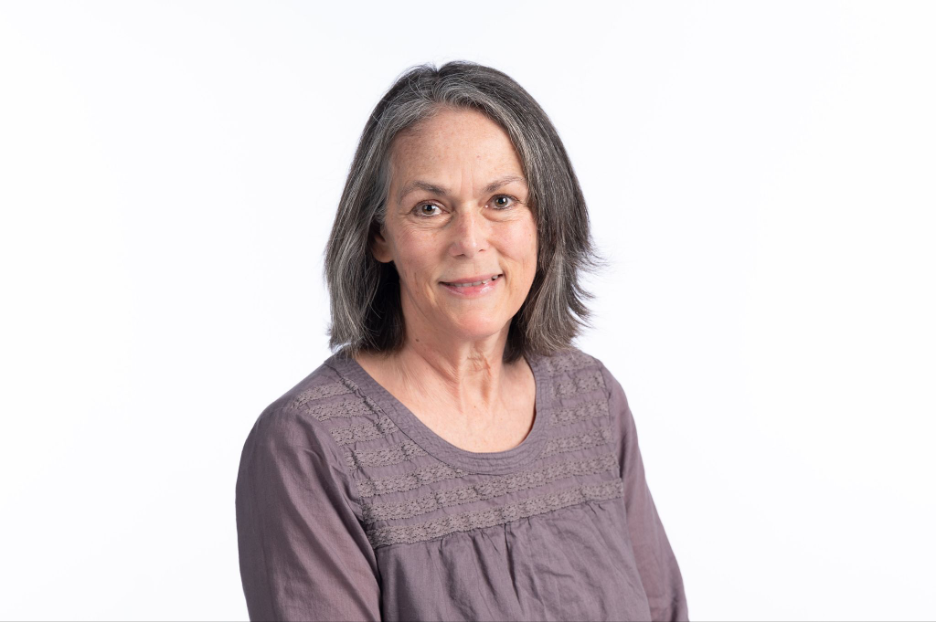This project supports the region’s first Community Science Collaboratory, comprised of 6 Community-Based Organizations (CBOs) and 6 Higher Education Institutions (HEIs), fostering meaningful partnerships that address local-to-global challenges through knowledge-sharing, problem identification, scientific collaboration, and public engagement.
The Collaboratory’s leadership team is composed of representatives from Georgia Institute of Technology, Kennesaw State University, Emory University, WAWA (West Atlanta Watershed Alliance), Truly Living Well Center for Natural Urban Agriculture, and Eco-Action.
Focus on Enduring Partnerships Propels Science Initiative
The Greater Atlanta Community Science Collaboratory Positioned for Continued Success
By Kate Curnow

When building an organization intended to advance the United Nations Sustainable Development Goals (SDGs), it is best to do so sustainably. For the organizers of the Greater Atlanta Community Science Collaboratory, that means grounding their practice in principles of equity and effective community-academic partnership.
Now entering the third year of the coalition’s work, representatives of the Collaboratory’s founding partners - three local universities and three community-based organizations (CBOs) - continue their long-term efforts to provide infrastructure, resources, and a community for regional cross-collaboration in sustainability research. But more importantly, they have worked diligently to ensure that the way they operate also reflects their principles.
"The whole idea was to advance equity and efficacy in community/academic partnerships, so from the beginning, we aimed to balance participation," says Dr. Rebecca Watts Hull, assistant director, faculty development for sustainability education initiatives in the Center for Teaching and Learning at Georgia Tech and a co-Principal Investigator for the AGREC grant supporting the Collaboratory.
Watts Hull explains that the three additional CBOs invited to the initiative – Historic Westside Gardens, Citizens for a Healthy and Safe Environment (CHASE), and Community Health Aligning Revitalization, Resilience and Sustainability (CHARRS) were selected by the founding CBOs and that all participants developed and adopted the group’s mission, guiding principles and values by consensus, disrupting the power disparity that typically undermines academic-community collaborations.
That power disparity has historically been a source of mistrust for CBOs working with universities, creating a barrier to collaboration. To avoid that obstacle, the Collaboratory initiative began with conversations among partners, which were dedicated to building sustainable and equitable processes as a collective. The resulting organization actively works to hear all voices and regularly takes opportunities to validate or adapt their practices through consensus. This approach allows the ideas and insights of community practitioners to come to the forefront, fostering trust and furthering the initiative’s aim to “elevate the role of CBOs in shaping regional research that advances the SDGs.”
This shift to what organizers call a “partnership mindset” has already yielded positive results for the Collaboratory. Working groups have come together to successfully host skill-building workshops, create a website, and submit a proposal for a federally-funded grant from the National Science Foundation that will further the initiative’s goals.
Those same groups are also working to refine the criteria and process for new member organizations to join the Collaboratory. That information will be posted to the initiative’s website when available - organizers encourage all potential partners to stay tuned.

